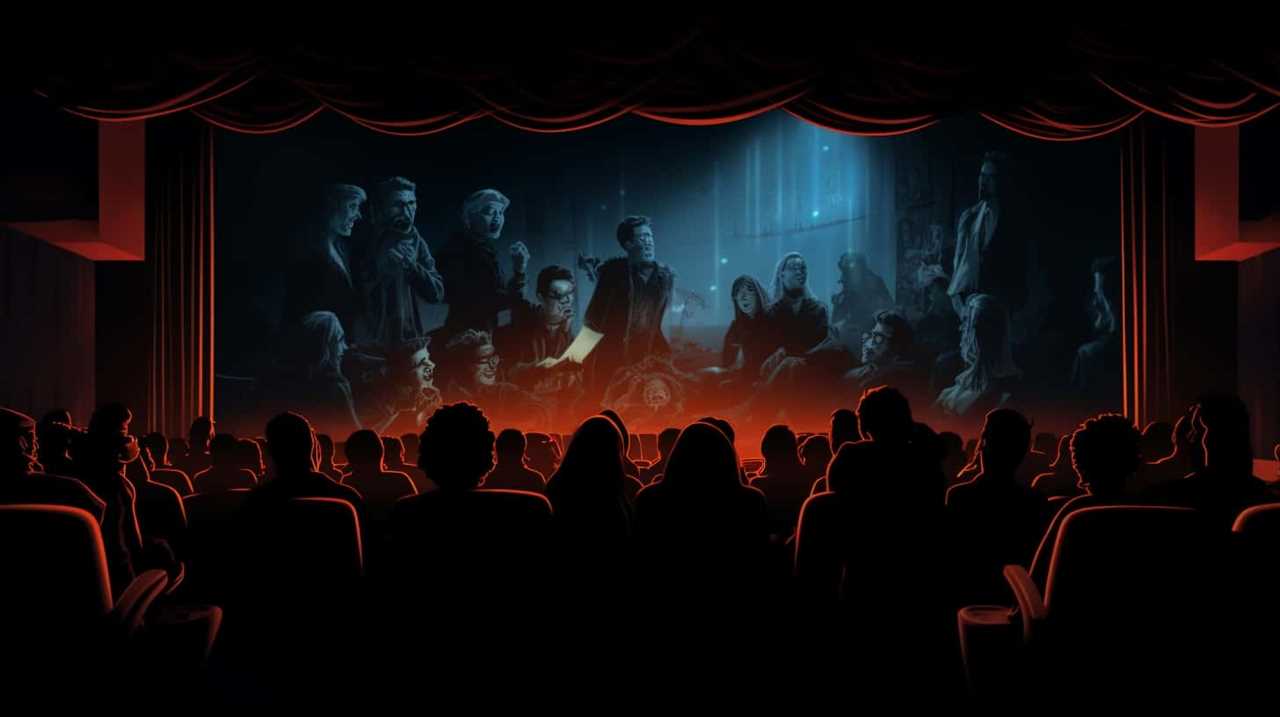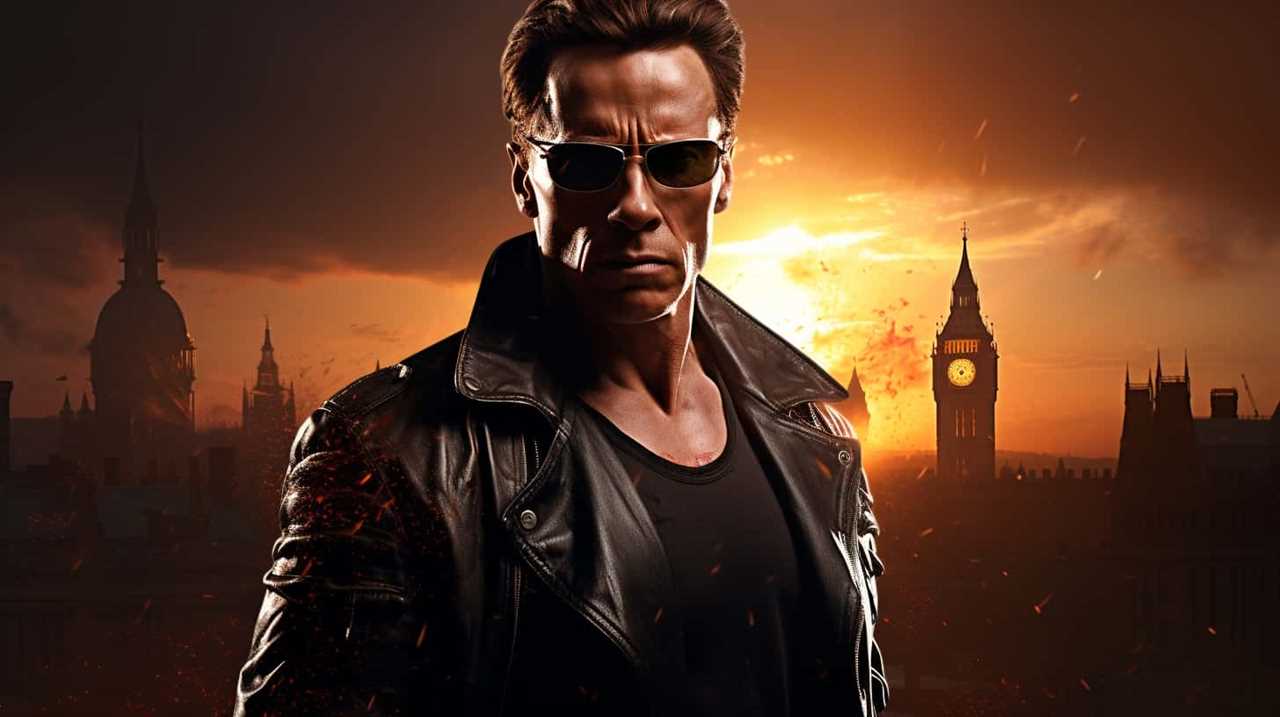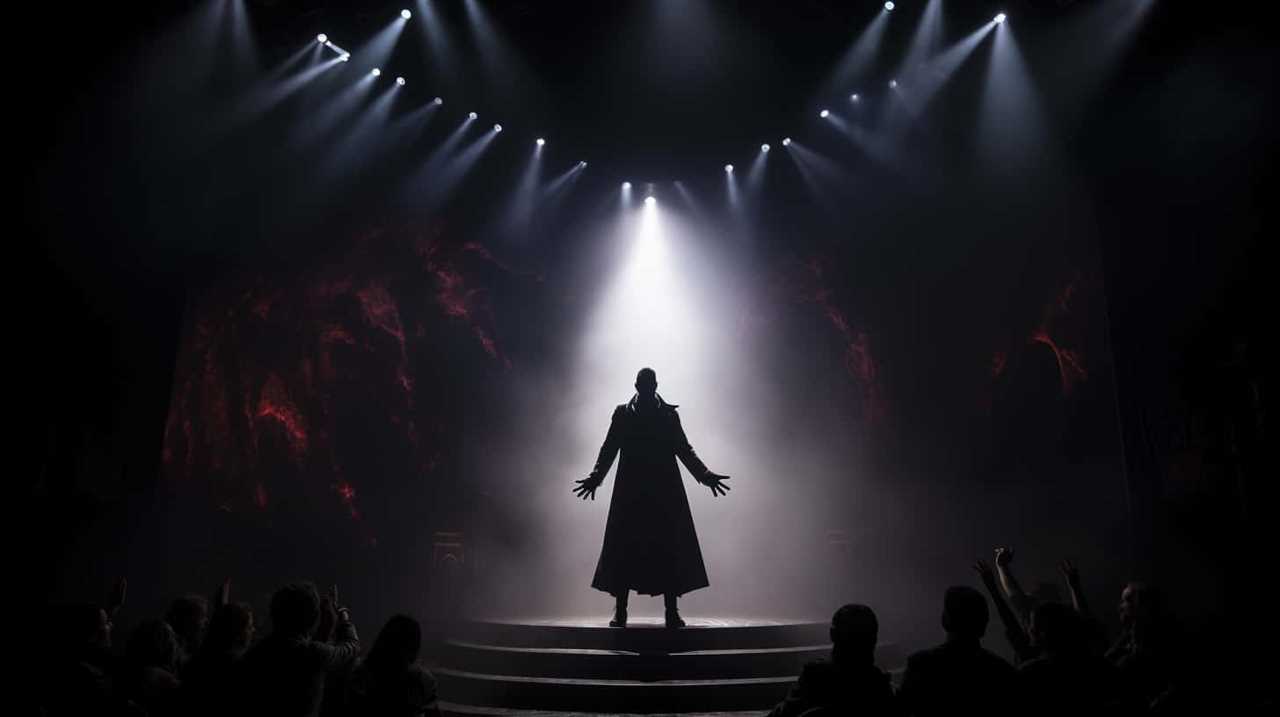As a lover of movies, I am always captivated by the power of a captivating villain’s speech. These moments, filled with chilling dialogue and shocking revelations, have the ability to both frighten and fascinate us.
But did you know that some of the most memorable villain monologues in cinema history have gone unnoticed by many? These hidden gems, tucked away in the shadows of our favorite films, deserve recognition for their innovation and impact.
From the haunting speech of The Joker in The Dark Knight to the psychotic confession of Patrick Bateman in American Psycho, these monologues push boundaries and leave a lasting impression.
Join me as we delve into the top villain monologues in cinema history, uncovering the brilliance that lies within.
Key Takeaways
- Heath Ledger’s portrayal of The Joker and Alex DeLarge’s chilling smile create an unsettling atmosphere in their respective monologues.
- Hannibal Lecter’s dialogue and Keyser Söze’s revelation showcase psychological manipulation techniques and leave a lasting impact on viewers.
- Darth Vader’s line and O-Ren Ishii’s revenge manifesto add depth and complexity to the characters and narratives in their respective films.
- Anton Chigurh’s conversation and Patrick Bateman’s confession highlight the depravity and darkness of their characters, despite their calm and composed demeanor.
The Dark Knight – The Joker’s Haunting Speech
In my opinion, one of the most chilling villain monologues in cinema history is delivered by The Joker in The Dark Knight. Heath Ledger’s horrifying portrayal of the character, coupled with his exceptional acting skills, created an iconic performance that continues to resonate with audiences today.
The Joker’s speech, delivered during the interrogation scene, is a masterclass in psychological manipulation. Ledger’s portrayal of the character as an agent of chaos is truly terrifying. His dark humor, combined with his unsettling demeanor, creates a sense of unease that lingers long after the movie ends.
What makes this monologue truly remarkable is the way it captures the essence of The Joker’s character. He revels in chaos and unpredictability, finding joy in the suffering of others. Ledger’s performance brings out the Joker’s sadistic nature, making him a truly formidable adversary for Batman.
Moreover, the speech showcases the Joker’s philosophy, where he argues that society is inherently corrupt and that anyone can be pushed to madness given the right circumstances. This nihilistic worldview adds depth to the character, making him more than just a typical comic book villain.
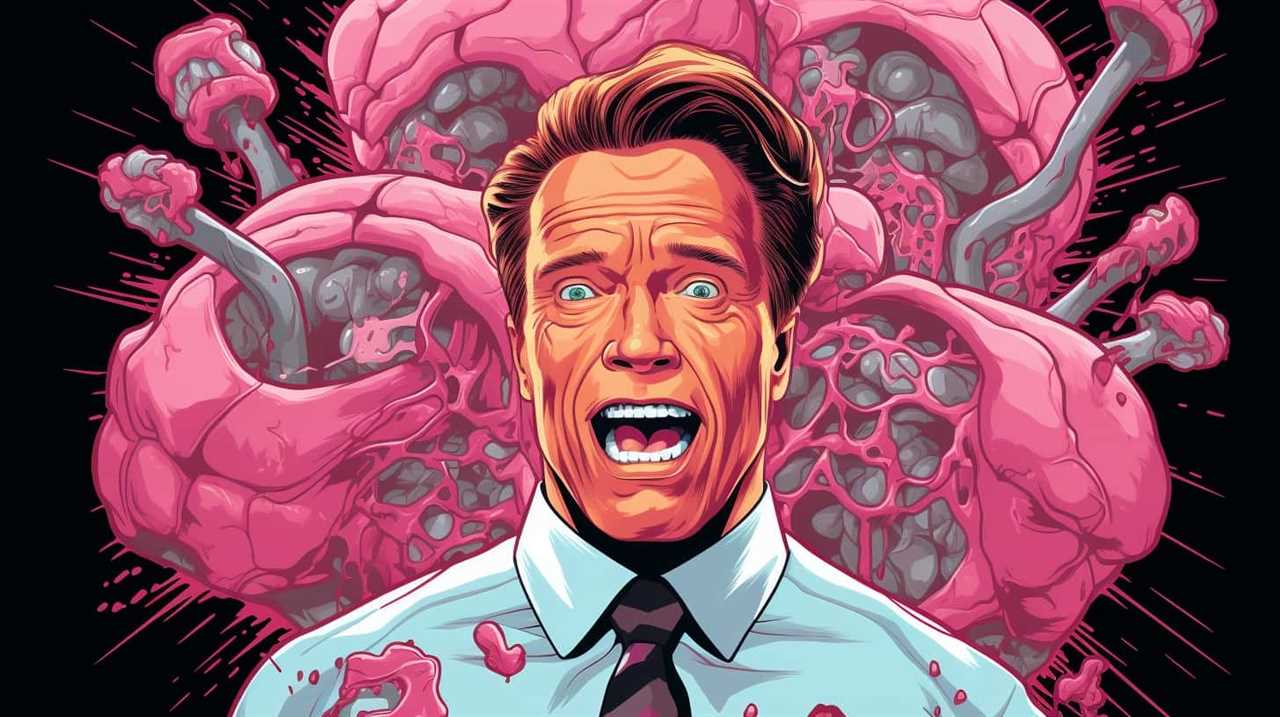
The Silence of the Lambs – Hannibal Lecter’s Chilling Dialogue
Hannibal Lecter’s chilling dialogue in ‘The Silence of the Lambs’ is a masterful display of psychological manipulation techniques.
Through his calculated words and unnerving delivery, Lecter manages to unsettle and control not only the characters in the film, but also the audience’s emotions.
His memorable quotes, such as ‘A census taker once tried to test me. I ate his liver with some fava beans and a nice Chianti,’ continue to haunt viewers long after the movie ends.
Psychological Manipulation Techniques
My analysis of ‘The Silence of the Lambs’ focuses on the chilling dialogue of Hannibal Lecter, exploring his psychological manipulation techniques. Lecter’s ability to control and manipulate others is truly captivating, leaving a lasting impact on viewer perceptions.

Here are four key manipulation techniques employed by Lecter that make his dialogue so chilling:
- Subtle manipulation: Lecter employs subtle cues, gestures, and body language to influence those around him, subtly guiding their actions and thoughts.
- Emotional manipulation: Lecter expertly exploits the emotions of others, using sympathy, fear, or guilt to bend them to his will.
- Information control: By selectively revealing or withholding information, Lecter gains power and control over his victims, creating a sense of dependency and vulnerability.
- Psychological mind games: Lecter plays with the minds of his victims, using psychological tactics such as gaslighting, manipulation of perception, and exploiting insecurities to break them down mentally.
These manipulation techniques, combined with Lecter’s intelligent and charismatic persona, create a truly chilling and unforgettable character in film history.
Impact on Audience Emotions
Often, Hannibal Lecter’s chilling dialogue in ‘The Silence of the Lambs’ evokes a range of intense emotions in the audience. His psychological impact on viewers is undeniable, as his words seep into our minds and unsettle us to the core. Lecter’s ability to manipulate emotions through his dialogue is a testament to the brilliance of the film’s writing and Anthony Hopkins’ mesmerizing performance. The table below highlights some of the audience reactions that can be observed during Lecter’s monologues:
| Emotion | Description | Example |
|---|---|---|
| Fear | A sense of dread and unease that lingers | "I ate his liver with some fava beans and a nice Chianti." |
| Disgust | A strong feeling of revulsion or repulsion | "I can smell your c**t." |
| Fascination | A deep intrigue and captivation | "Tell me, Clarice, have the lambs stopped screaming?" |
| Uneasiness | A sense of discomfort or anxiety | "You know what you look like to me, with your good bag and your cheap shoes?" |
These emotions work together to create a powerful impact on the audience, leaving them emotionally shaken and unable to forget Lecter’s chilling dialogue. The psychological depth of his words taps into our primal fears and forces us to confront the darker aspects of human nature. The lasting effect of Lecter’s monologues is a testament to the film’s ability to engage and provoke its audience.

Memorable Quotes and Delivery
In my opinion, the delivery of Hannibal Lecter’s chilling dialogue in ‘The Silence of the Lambs’ is truly unforgettable. Here are four reasons why his quotes and delivery have had such a psychological impact on audiences:
- Intensity: Lecter’s calm and composed demeanor while discussing gruesome topics creates a stark contrast that sends shivers down the spine.
- Articulation: Every word spoken by Lecter is carefully chosen and delivered with precision, making his dialogue both eloquent and disturbing.
- Manipulation: Lecter’s ability to manipulate and toy with the emotions of those around him adds an extra layer of psychological tension to his dialogue.
- Iconic Lines: Lines like ‘I ate his liver with some fava beans and a nice Chianti’ have become ingrained in pop culture, further solidifying the lasting impact of his quotes.
Transitioning into the subsequent section about ‘A Clockwork Orange – Alex DeLarge’s disturbing monologue’, let’s explore another villain’s memorable quotes and delivery.
A Clockwork Orange – Alex DeLarge’s Disturbing Monologue
As I reflect on Alex DeLarge’s disturbing monologue in A Clockwork Orange, three key points come to mind.
Firstly, the impact of his words is undeniable, leaving the audience unsettled and disturbed.

Secondly, Alex’s psychological manipulation through his monologue showcases his ability to manipulate and control those around him, highlighting his dangerous nature as a villain.
Lastly, the controversial themes explored in the film, such as the nature of free will and the ethics of rehabilitation, add depth and complexity to the monologue, making it a truly thought-provoking cinematic moment.
Impact of Disturbing Monologue
I was deeply unsettled by the chilling impact of Alex DeLarge’s disturbing monologue in A Clockwork Orange. The psychological effects of his words lingered long after the scene ended, leaving a lasting impression on me. Here are four reasons why this monologue stands out as a masterclass in cinematic storytelling techniques:
- Intense delivery: Alex’s charismatic yet terrifying presence combined with his commanding delivery creates an unsettling atmosphere that grips the audience’s attention.
- Disturbing content: The monologue delves into the darkest recesses of Alex’s mind, exploring themes of violence, power, and the corruption of innocence. It forces the audience to confront uncomfortable truths about human nature.
- Vivid imagery: Through vivid descriptions and metaphors, Alex paints a disturbing picture of his violent acts, leaving a haunting imprint in the minds of viewers.
- Contrasting emotions: The monologue skillfully manipulates emotions, eliciting both fear and fascination. This emotional rollercoaster adds depth to the character and intensifies the impact of his words.
Alex’s Psychological Manipulation
The impact of Alex DeLarge’s disturbing monologue in A Clockwork Orange is magnified by his skillful psychological manipulation, leaving the audience deeply unsettled. Through his use of various psychological manipulation techniques, Alex is able to control and manipulate both his victims and the audience’s perception of him. One of the most notable techniques he employs is gaslighting, making his victims doubt their own reality and sanity. This creates a sense of unease and confusion, as the audience is forced to question their own perceptions and beliefs. Additionally, Alex uses charm and charisma to manipulate those around him, presenting himself as a likable and charismatic character despite his violent and sadistic tendencies. This stark contrast between his charming persona and his horrifying actions further enhances the impact of his monologue on the audience. It is through these psychological manipulation techniques that Alex DeLarge leaves a lasting impression on viewers, forcing them to confront the disturbing nature of his character.

| Psychological Manipulation Techniques | Impact on Audience Perception |
|---|---|
| Gaslighting | Creates unease and confusion |
| Charm and charisma | Contrasts with violent actions |
With his disturbing monologue and masterful psychological manipulation, Alex DeLarge leaves a lasting impression on the audience, challenging their perceptions and unsettling them. This sets the stage for the exploration of controversial themes in A Clockwork Orange.
Controversial Themes Explored
Exploring controversial themes, A Clockwork Orange delves into the disturbing monologue of Alex DeLarge, leaving a lasting impact on the audience. This thought-provoking film challenges societal norms and raises important questions about the exploration of moral ambiguity and the societal implications of controversial themes. Here are four reasons why Alex DeLarge’s monologue in A Clockwork Orange is so powerful:
- Unsettling portrayal of violence: Alex’s monologue forces us to confront the dark side of human nature and the disturbing allure of violence.
- Examination of free will: The monologue prompts us to question the limits of personal freedom and the consequences of removing one’s ability to make moral choices.
- Confrontation of societal responsibility: Alex’s words force us to grapple with the role of society in shaping individuals and the ethical implications of enforcing conformity.
- Reflection on the nature of evil: By exploring the complexities of Alex’s character, the monologue pushes us to consider the origins and nature of evil in our own lives.
With its exploration of moral ambiguity and its societal implications, Alex DeLarge’s disturbing monologue in A Clockwork Orange challenges us to confront uncomfortable truths about humanity.
Transitioning to the subsequent section, we’ll now delve into another iconic villain monologue: Jack Torrance’s maniacal rant in The Shining.

The Shining – Jack Torrance’s Maniacal Rant
As a horror film enthusiast, one cannot overlook the impact of Jack Torrance’s maniacal rant in The Shining. This iconic scene, featuring the brilliant performance of Jack Nicholson, has left an indelible mark on the horror genre and continues to be revered as one of the most chilling moments in cinema history.
In order to fully understand the significance of Jack Torrance’s descent into madness, let’s take a closer look at the psychological elements at play. The following table provides a breakdown of Torrance’s transformation throughout the film:
| Stage of Descent | Psychological Characteristics | Key Moments |
|---|---|---|
| Initial Sanity | Ambition, Determination | Job Interview, Arrival at the Hotel |
| Early Signs | Frustration, Anger | Interaction with his Family, Conversations with the Hotel Staff |
| Deepening Madness | Paranoia, Delusion | Conversations with the Ghosts, Writing "All work and no play" |
| Complete Madness | Hallucinations, Violence | "Here’s Johnny!" Scene, Chase through the Hotel |
Pulp Fiction – Jules Winnfield’s Biblical Speech
During my exploration of top villain monologues in cinema history, one standout moment that can’t be ignored is Jules Winnfield’s biblical speech in Pulp Fiction. This iconic scene showcases the power of religious imagery and highlights Jules’ redemption journey as he undergoes a profound transformation.
- Religious symbolism: Jules’ speech is filled with biblical references, such as the passage from Ezekiel 25:17, which he recites before executing his victims. This use of religious language adds depth to the scene and emphasizes the moral dilemma Jules faces.
- Redemption through divine intervention: Jules, a ruthless hitman, experiences a moment of revelation when a bullet miraculously misses him during a confrontation. This event sparks his desire for change and leads to his decision to leave the criminal world behind.
- The power of words: Jules’ speech isn’t only a display of religious conviction, but it also serves as a catalyst for his personal transformation. The words he utters reflect his newfound sense of morality and his commitment to a different path.
- Questioning the nature of good and evil: Jules’ biblical speech prompts existential questions about the nature of good and evil, providing the audience with a thought-provoking exploration of morality and redemption.
In Pulp Fiction, Jules Winnfield’s biblical speech stands as a testament to the power of religious imagery and the transformative journey of a complex villain. It challenges our perceptions of morality and leaves us pondering the possibility of redemption for even the darkest characters.
The Empire Strikes Back – Darth Vader’s Iconic Line
In my opinion, one of the most memorable moments in cinema history is when Darth Vader delivers his iconic line in The Empire Strikes Back. The impact of this line on iconic characters and its cultural significance cannot be overstated. As the villainous Darth Vader confronts Luke Skywalker, he reveals the shocking truth – "I am your father." These four simple words have become ingrained in popular culture, forever changing the narrative of the Star Wars franchise.
To fully comprehend the significance of this line, let’s analyze its impact on iconic characters using a table:
| Iconic Character | Impact of Darth Vader’s Line |
|---|---|
| Luke Skywalker | Shattered his beliefs, questioning his allegiance and identity |
| Darth Vader | Humanized the character, revealing his complex inner struggles |
| Leia Organa | Challenged her perception of her own family and forced her to confront her heritage |
| Obi-Wan Kenobi | Confirmed his greatest fears, highlighting the consequences of his actions |
This table demonstrates how Darth Vader’s line not only affected the main characters individually but also deepened the complexity of their relationships. The cultural significance of this line extends beyond the Star Wars universe, inspiring countless parodies, references, and even philosophical discussions.
The Usual Suspects – Keyser Söze’s Mysterious Revelation
When it comes to memorable villain monologues, Keyser Söze’s mysterious revelation in The Usual Suspects stands out. The true identity of Keyser Söze, a legendary criminal mastermind, is carefully concealed throughout the film, leaving the audience in suspense.
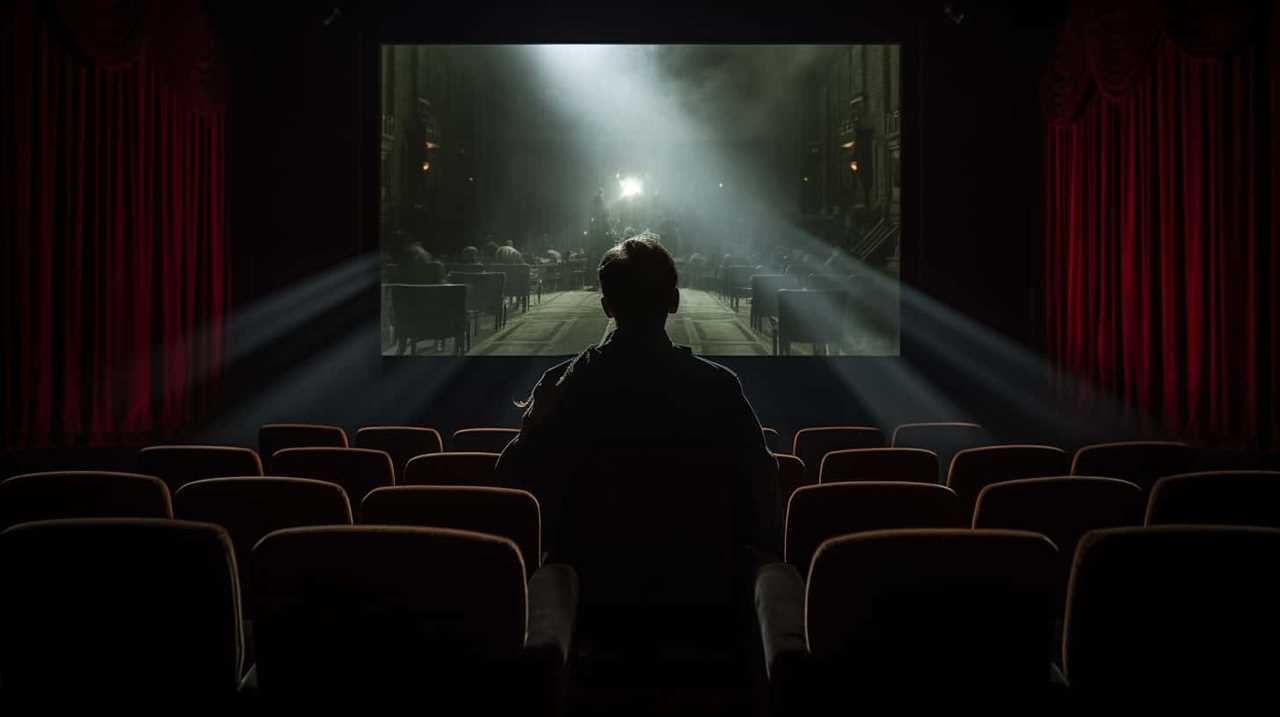
However, when the truth is finally unveiled, it has a profound impact on the viewers, forcing them to reevaluate everything they thought they knew about the story and its characters. The revelation not only adds a layer of complexity to the narrative but also showcases the brilliance of the storytelling and the power of a well-executed plot twist.
Keyser Söze’s True Identity
The revelation of Keyser Söze’s true identity in The Usual Suspects is a masterful display of deception. As the enigmatic crime lord who lurks in the shadows throughout the film, Keyser Söze is a character shrouded in mystery and intrigue. His motivations are unclear, his actions calculated, and his true identity remains a well-guarded secret until the final moments of the film.
The significance of his true identity lies in the power it holds over the narrative, completely shifting our understanding of the events that have unfolded. It challenges our perception of trust, reality, and the lengths one will go to protect their secrets.
Keyser Söze’s true identity isn’t just a plot twist, but a revelation that leaves a lasting impact on the audience, showcasing the innovative storytelling at play in The Usual Suspects.
Impact of the Revelation
Keyser Söze’s mysterious revelation in The Usual Suspects leaves a profound impact on the audience, forcing us to reevaluate everything we thought we knew about this enigmatic villain. The psychological impact of this revelation is immense, as it challenges our understanding of the narrative and the motives of the characters involved.
The narrative tension builds throughout the film, with subtle hints and clues leading up to the final reveal. As the pieces of the puzzle come together in Söze’s monologue, the audience is left in awe of the intricate web of deception that has been spun. This revelation not only transforms our perception of Keyser Söze, but also leaves us questioning the nature of truth and the power of storytelling.
Transitioning into the subsequent section about ‘No Country for Old Men – Anton Chigurh’s menacing conversation’, we encounter another villain who captivates and unsettles us in a different way.
No Country for Old Men – Anton Chigurh’s Menacing Conversation
In my opinion, one of the most chilling villain monologues in cinema history belongs to Anton Chigurh in No Country for Old Men. This scene demonstrates Chigurh’s ability to psychologically manipulate his victims, leaving them in a state of fear and uncertainty.

The conversation between Chigurh and Carla Jean Moss is particularly menacing, as he offers her a choice that isn’t really a choice at all. Here are four reasons why this monologue stands out:
- Unsettling Tone: Chigurh’s calm and composed demeanor contrasts with the violent nature of his actions, creating a sense of unease that lingers throughout the scene.
- Thought-Provoking Dialogue: The conversation delves into controversial themes, exploring the concepts of fate, chance, and the moral implications of one’s choices.
- Subtle Threats: Chigurh’s use of subtle threats and psychological manipulation techniques keeps the audience on edge, never knowing what he might do next.
- Deep Character Study: This monologue provides a glimpse into the twisted psyche of Chigurh, revealing his twisted moral code and his twisted view of the world.
American Psycho – Patrick Bateman’s Psychotic Confession
Patrick Bateman’s psychotic confession in American Psycho is a bone-chilling revelation of his twisted mind. This monologue serves as a pivotal moment in the film, providing a deep analysis of his psychotic nature and its impact on his character development.
Bateman’s confession is a disturbing glimpse into the depths of his depravity. His calm and matter-of-fact tone as he describes his heinous acts creates a chilling contrast that leaves the audience unsettled. Through his confession, we witness the extent of his sadistic tendencies and the pleasure he derives from inflicting pain on others.
This analysis of Bateman’s psychotic confession offers valuable insights into his character development. It reveals the depth of his psychopathy, highlighting the stark contrast between his outward appearance as a successful and charismatic businessman and his inner darkness. The confession also showcases the extent to which Bateman is disconnected from reality, blurring the lines between fantasy and reality.

Furthermore, Bateman’s confession serves to emphasize the themes of materialism and superficiality that permeate the film. His obsession with appearance and status is a driving force behind his violent acts, further highlighting the corrupting influence of consumerism on the human psyche.
Kill Bill: Volume 1 – O-Ren Ishii’s Revenge Manifesto
Continuing from the previous subtopic, O-Ren Ishii’s revenge manifesto in Kill Bill: Volume 1 showcases another captivating villain monologue in cinema history. This powerful speech, delivered by Lucy Liu’s character, O-Ren Ishii, leaves a profound psychological impact on the audience.
Here are four reasons why O-Ren’s revenge manifesto stands out as a remarkable example of villainous storytelling:
- Raw Emotion: O-Ren’s monologue is filled with raw emotion, as she recounts the tragic events that forced her down the path of vengeance. Her words are delivered with intensity, capturing the audience’s attention from the very beginning.
- Revenge Justification: O-Ren’s manifesto offers a unique perspective on revenge. She justifies her actions by highlighting the cruelty and injustice she endured, making the audience question their own moral compass.
- Personal Transformation: Through her monologue, O-Ren reveals how her thirst for revenge shaped her into a formidable and ruthless leader. This transformation adds depth to her character and makes her more than just a typical villain.
- Symbolic Imagery: O-Ren’s revenge manifesto isn’t just a recounting of events; it’s a vivid portrayal of her inner struggle. The use of symbolic imagery, such as the snow turning red, adds an artistic touch to the monologue and enhances its impact.
There Will Be Blood – Daniel Plainview’s Ruthless Manifesto
O-Ren Ishii’s revenge manifesto in Kill Bill: Volume 1 captivated audiences with its raw emotion, revenge justification, personal transformation, and symbolic imagery. However, when it comes to villainous monologues, Daniel Plainview’s ruthless manifesto in There Will Be Blood takes the spotlight.
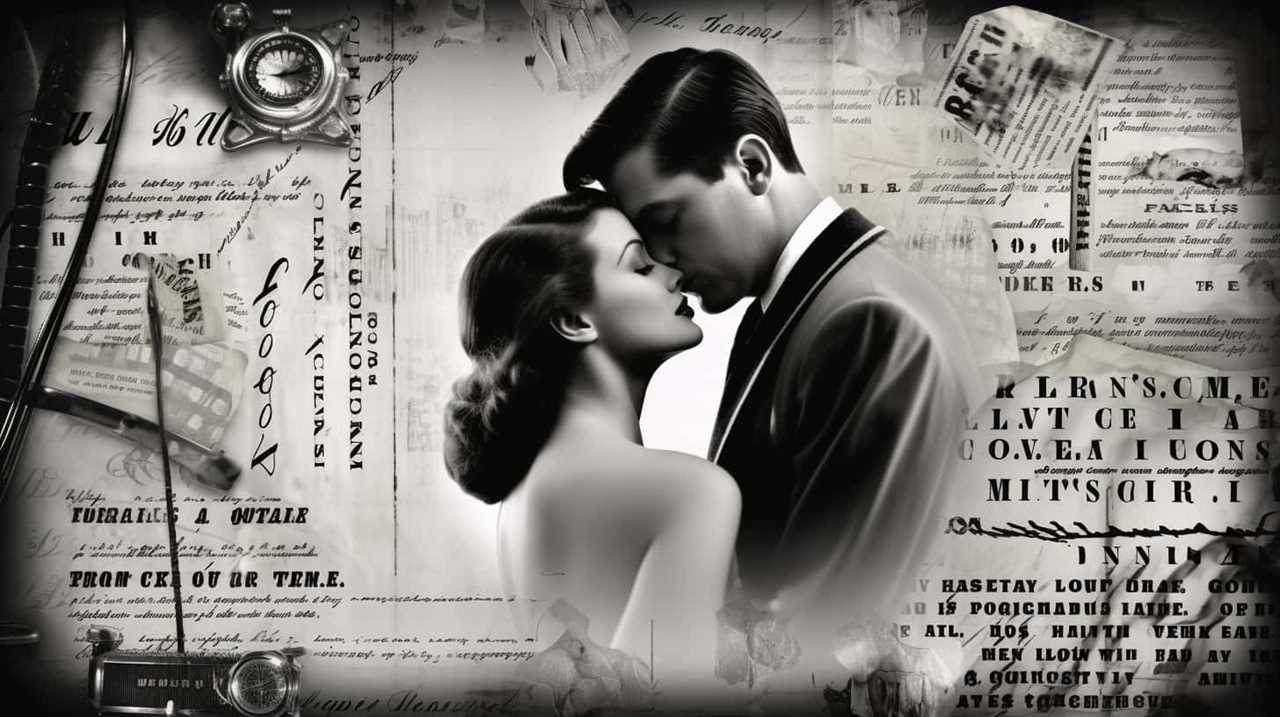
The impact of his manifesto on character development is unparalleled, as it delves deep into the psyche of a man consumed by power and ambition. Plainview’s monologue serves as a window into his soul, revealing the dark underbelly of his character. His relentless pursuit of wealth and dominance is laid bare, showcasing the destructive force of his ambition. Through his words, we witness the erosion of his humanity, as he becomes a ruthless and manipulative figure, willing to exploit anyone and anything to achieve his goals.
Power plays a central role in Plainview’s manifesto. It becomes clear that his thirst for power is insatiable, driving him to commit unspeakable acts and discard any semblance of morality. His words are laced with a chilling intensity, as he reveals the depths to which he’d sink in order to maintain his position of dominance.
In this manifesto, Plainview is the embodiment of the corrupting influence of power and ambition. His character is a cautionary tale, illustrating the dangers of unchecked ambition and the devastating consequences it can have on both the individual and those around them.
Frequently Asked Questions
What Is the Significance of the Joker’s Haunting Speech in the Dark Knight?
The Joker’s haunting speech in The Dark Knight holds immense significance. It showcases his chaotic nature and twisted philosophy, leaving a lasting impact on the audience. Similarly, Hannibal Lecter’s chilling dialogue in The Silence of the Lambs leaves us captivated, revealing the depths of his malevolence.
How Does Hannibal Lecter’s Chilling Dialogue Contribute to the Overall Suspense in the Silence of the Lambs?
Hannibal Lecter’s chilling dialogue in ‘Silence of the Lambs’ is significant as it adds to the overall suspense. His monologues have a profound impact on the audience, drawing us into his twisted world.
What Makes Alex Delarge’s Disturbing Monologue in a Clockwork Orange Stand Out From Other Villainous Speeches in Cinema?
Alex Delarge’s disturbing monologue in A Clockwork Orange stands out from other villainous speeches in cinema due to its raw and unapologetic nature. It pushes boundaries, forcing the audience to confront uncomfortable truths, making it a truly unforgettable and impactful performance.
How Does Jack Torrance’s Maniacal Rant in the Shining Showcase His Descent Into Madness?
Analyzing Jack Torrance’s maniacal rant in The Shining allows us to explore his transformation into madness. This chilling monologue showcases the unraveling of his sanity, leaving a lasting impact on the audience’s perception of his villainous character.
What Is the Meaning Behind Jules Winnfield’s Biblical Speech in Pulp Fiction and How Does It Tie Into the Film’s Themes?
Jules Winnfield’s biblical speech in Pulp Fiction holds profound meaning, tying into the film’s themes of redemption and morality. Through religious symbolism and cultural references, it challenges our notions of right and wrong, leaving a lasting impact on viewers.

What Makes a Villain Monologue Memorable and Iconic in Cinema History?
Some iconic villain monologues on screen have become memorable due to their captivating delivery, chilling lines, and the ability to strike fear into our hearts. Whether it’s their menacing presence or their thought-provoking words, iconic villain monologues have left a lasting impression on cinema history.
Conclusion
In the realm of cinema, villains have always captivated audiences with their monologues, leaving an indelible mark on our minds. From the haunting speech of The Joker in The Dark Knight to Hannibal Lecter’s chilling dialogue in The Silence of the Lambs, these iconic moments have become etched in the annals of film history.
Each monologue is like a brushstroke on a dark canvas, painting vivid images of malevolence and madness. These villainous soliloquies remind us of the power of words and the impact they can have on our perception of evil.

